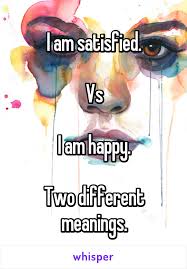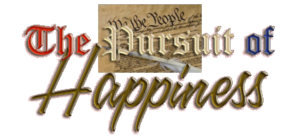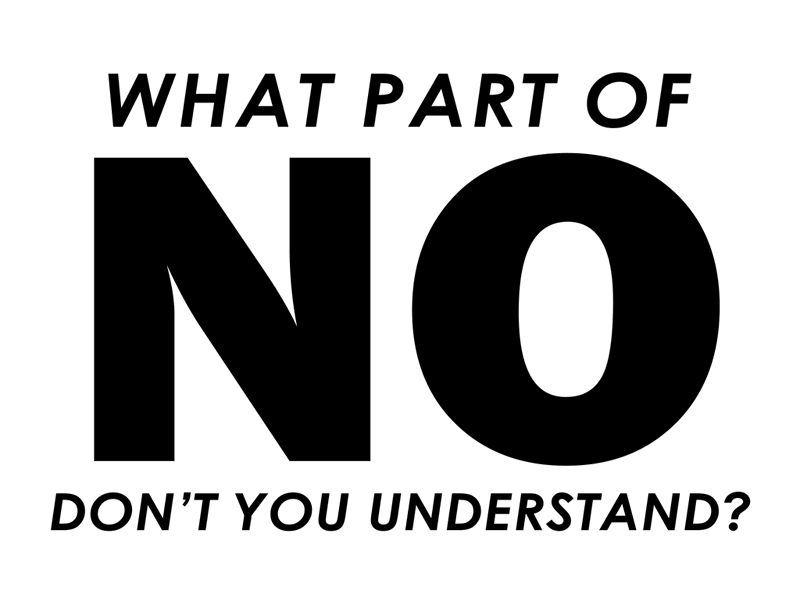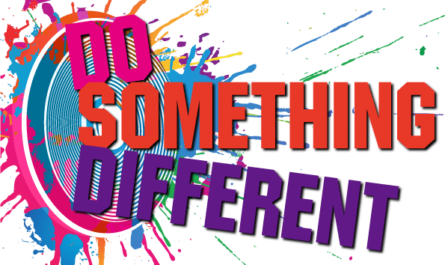 We’ve been down this discussion road before. The older I get the clearer I get when distinguishing between satisfaction and happiness.
We’ve been down this discussion road before. The older I get the clearer I get when distinguishing between satisfaction and happiness.
Perhaps it’s just my definitions that help me feel clearer about the distinction, and that helps me make decisions day-to-day, minute-to-minute on what’s important—a version of interactive triage.
For those who’ve followed this line of thought in the past, you will recognize that I perceive satisfaction as the degree to which I’ve accomplished some goal I set out to accomplish.
Satisfaction is the result of a met expectation. Get what I expect and I’m satisfied. Expectation is the purview of the Knower/Judger. It’s my K/J that assesses what “should” happen (whether that’s statistically accurate or not) and I feel good or bad about the results based on meeting or falling short of that expectation.
Now that can be in play for BHAGs (big hairy-assed goals), or that two-foot putt on the 18th green. I can measure my level of satisfaction about my retirement investments or that sip of a local craft brew I just experienced. We all have expectations about everything, so we’re all subject to varying levels of satisfaction. Make sense?
Based on the idea that satisfaction is tied to expectations, I can then set the frustration as the antithesis of satisfaction. I’m clearer and clearer as time goes by, that all of my frustration is dependent on my expectation. So on one end of the continuum of expectation is satisfaction. On the other, frustration.
I also believe I am prone to perceive frustration more than satisfaction, which associates with another theme of mine that I’m not open enough to recognizing all the real blessings that befall me. I call that “Lucking.”
So where does happiness come from?
“Happy,” I think, comes when living with the Learner/Researcher mindset. It’s not dependent on meeting expectations. And it’s a choice. It does not depend on other people, although I’ve seen one be “happy” while enjoying a relationship, so long as the expectations of the other person are not the measurement). I see “joy” as a primary component of happiness. Think of the things that bring you joy. For me it’s certain types of music. Majestic mountains. Giggling children. Rambunctious dogs. Warm hugs. I’m talking warm, fuzzy stuff here. Not the pragmatic “I put 100 hours into this project and it’s met all my expectations.” See how the latter is a K/J game we play with ourselves?
When I think about the motivators for the K/J being reaction and for the L/R being choice, then it gets clear for me that satisfaction is an expectation I work for, push to—that income figure, corner office, updated rally car. And happiness is something I choose.
Satisfaction is having what you love. Happiness is loving what you have.
I can be satisfied AND happy. I can be dissatisfied AND unhappy. I can be satisfied and unhappy. And, most importantly, I can be dissatisfied and HAPPY—that my choice.
I have seen scholarly articles recently about the validity of the age-old wisdom of Confucius: “Choose a job you love, and you will never have to work a day in your life.” My challenge with that is that my definition of the job I love is imprinted in my K/J and fulfills the definition of my “comfort zone.” And it has expectations.
Steve Jobs, on the flip side of that, said, “The only way to do great work is to love what you do.”
See the difference?
Tasks, jobs, and responsibilities are sometimes dropped in our lap. How we react to them is a choice.
Loving what we have (do) is the mindful choice of being happy. That’s my choice!



